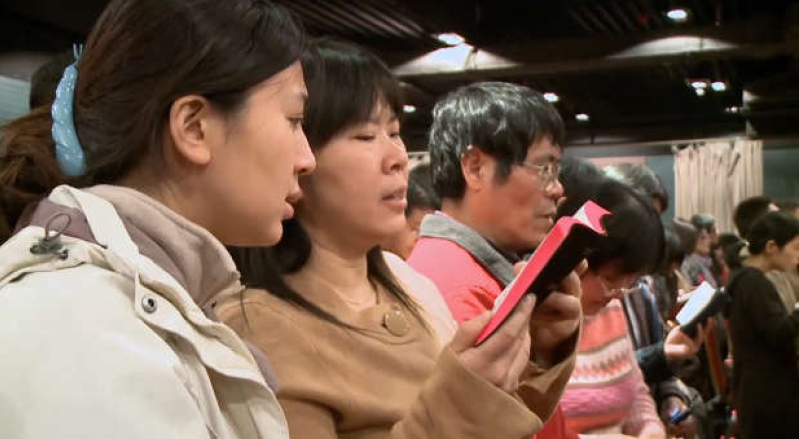
In recent years, the Chinese government has increased regulations on religious activities — and beginning this month, all Bibles were removed from online retailers. Global Times published an article stating thatBibles did not have issue numbers, which is in violation of the law. The article also claimed there was religious freedom for Chinese people.
Professor Ying Fuk Tsang, the director of the divinity school of Chung Chi College at the Chinese University of Hong Kong, believes that the Chinese government is regulating the online access to religious information. Because of the event, Professor Ying published an article to analyze the reason why Bibles were removed and to point out the problems created by regulating religious information online.
After the Cultural Revolution, there were a shortage of Bibles in China, according to Ying. From 1980 to 1986, the China Christian Council published 3 million Bibles. However, it could not meet the demand. In 1988, the Amity Foundation and the United Bible Societies co-founded a printing company in Nanjing, which became the only place that could legally print Bibles. China Christian Council became the only organization that could legally publish and issue Bibles. Therefore, Bibles were sold in a closed-market. For the house churches to legally obtain Bibles, they were limited to purchasing them from the organization.
Professor Ying mentions that resources for other religions are allowed to be sold in general bookstores in China. According to the Administrative Licensing Act 2004, the Bible is the only one that the Chinese government did not approve for publishing, printing, exporting and issuing. Only the Christian Bibles were not available for public sale.
Professor Ying believes that such act shows the Chinese government worries if they open the Bible market to be freely operated, it would further stimulate the spread of Christianity.
As the internet became more and more popular in China, the Bible and other Christian books could be freely purchased online, which was against the restrictions that Bibles could only be bought at a designated place. After Xi Jinping became President, he put great emphasis on managing the Internet.
Professor Ying points out that forbidding online sales of the Bible and other Christian books is part of President Xi's New Age Religious Work. It aims to regulate the circulation of the Bible and Christian books online in order to establish a new order for the religious market.
Professor Ying expects the religious information online to become the target for regulation following the implementation of religious affairs.






